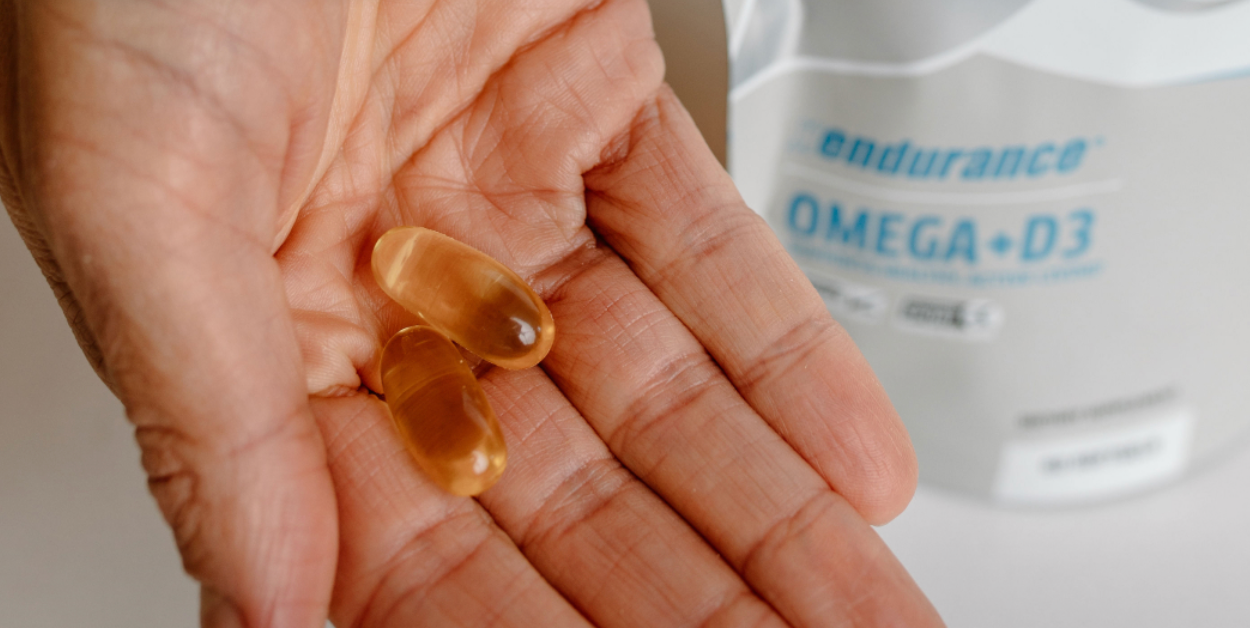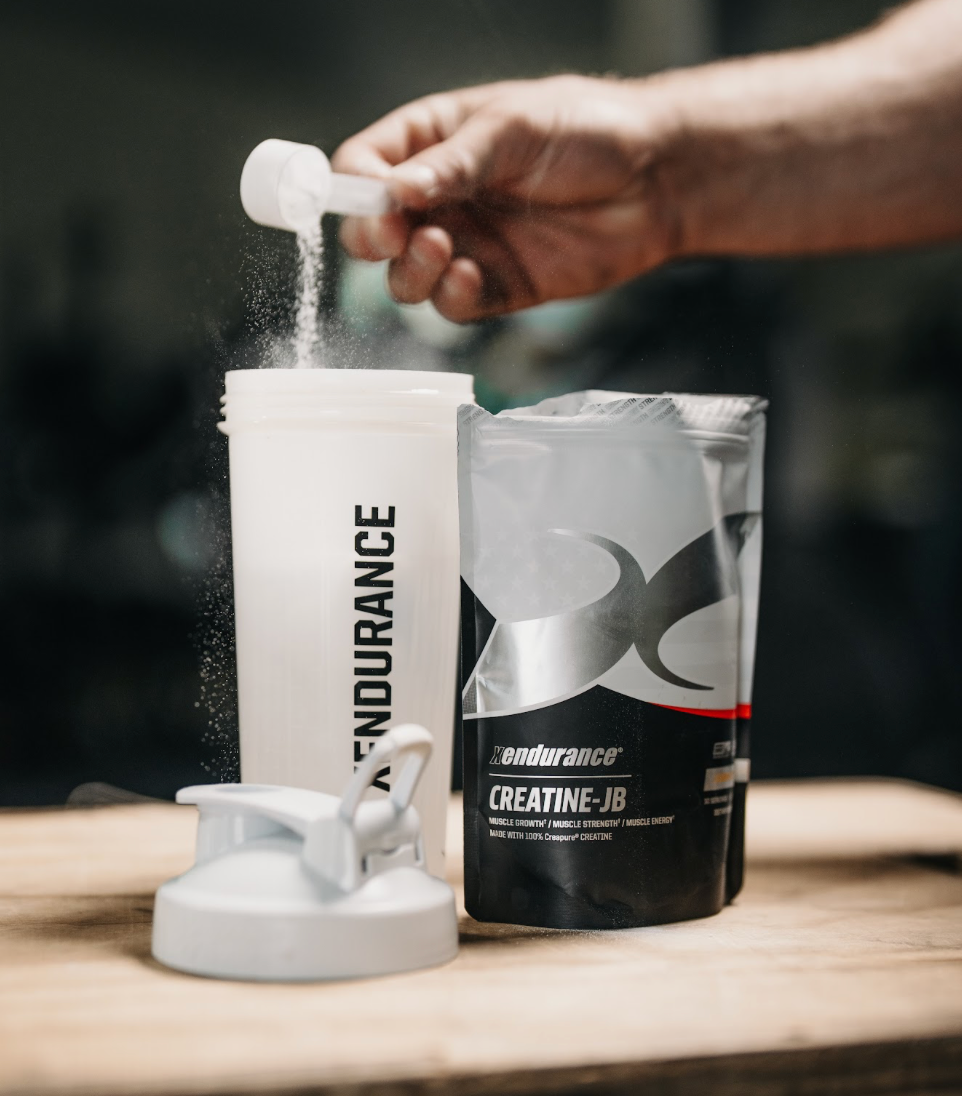When I first started training seriously, I was overwhelmed by the flood of sports nutrition advice from so-called experts. One coach swore by chugging protein shakes within 30 minutes of a workout, while a fitness influencer on social media pushed carb-loading for every session. Another "guru" warned that dietary fat would derail my progress. The contradictions were dizzying, and I spent more time second-guessing my meals than actually training. It’s no wonder athletes get confused—sports nutrition is rife with myths that persist despite evolving science. Let’s discuss the biggest misconceptions, backed by peer-reviewed research, to cut through the noise.
Myth 1: You Need Protein Immediately After a Workout
The idea of an "anabolic window"—where you must consume protein within 30 minutes post-workout to maximize muscle growth—has been a staple in the gym and in sports culture. It’s fueled a billion-dollar protein supplement industry.
However, science paints a different picture. A 2013 review in the Journal of the International Society of Sports Nutrition found that total daily protein intake (1.6–2.2 g/kg body weight) is far more critical for muscle protein synthesis than precise post-workout timing. A 2017 study in the same journal extended this, showing that consuming protein within 2–4 hours post-exercise is sufficient for most athletes, unless training fasted or doing multiple sessions daily.
For a 70 kg athlete, that’s 112–154 g of protein spread across the day, easily achievable with 3–5 meals. Elite athletes might optimize with quicker timing, but for the average gym-goer, the rush to chug a shake is overblown. Sports nutrition companies should address the differences between an elite athlete and the average weekend warrior just trying to stay in shape.
Myth 2: Carb Loading Is Always Necessary
Carb loading—eating high amounts of carbohydrates (8–12 g/kg/day) before endurance events—sounds like a universal performance booster. I used to stuff myself with pasta before every 5K, thinking it was essential. But research shows it’s only beneficial for events lasting over 90 minutes.
A 2018 review in Sports Medicine confirmed that carb loading maximizes glycogen stores for marathons or long cycling races, but for shorter activities, a balanced intake of 5–7 g/kg/day suffices, per the American College of Sports Medicine (ACSM).
For a 70 kg athlete, that’s 350–490 g of carbs daily—think rice, oats, or fruit, not an endless bread basket. Overloading carbs for shorter events can cause bloating or sluggishness, which I learned the hard way. Sports nutrition companies with carb-heavy products should clarify when carb loading is truly needed, rather than marketing it as a one-size-fits-all strategy.
Myth 3: Supplements Are Essential for Performance
Stepping into a supplement store can feel like entering a world of endless possibilities, with shelves lined with powders and pills promising to elevate your performance—think BCAAs, glutamine, and pre-workouts. I used to scoop up these products, thrilled by the idea that they’d give me a competitive edge. But here’s the good news: science helps us separate the game-changers from the hype.
A 2020 position stand from the Journal of the International Society of Sports Nutrition highlights that a balanced diet often covers an athlete’s needs, making many supplements optional. Whole foods are powerhouses, delivering the nutrients most of us require. That said, some supplements shine with robust evidence. Take creatine monohydrate (3–5 g/day), which meta-analyses show can boost strength by 5–15%, or caffeine (3–6 mg/kg), proven to enhance endurance.
BCAAs? If you’re already getting 1.6 g/kg of protein daily, you’re likely set. Certain forward-thinking sports nutrition companies are leading the way by prioritizing research-backed ingredients at effective doses—think high-quality creatine, where Creapure® creatine is used and targeted caffeine blends—while educating athletes about the power of a solid diet. These brands are committed to transparency, using science to craft products with premium, evidence-based ingredients that truly support your goals. Let’s celebrate companies that empower us with knowledge and effective tools, making it easier to fuel our performance the smart way.
Myth 4: High-Protein Diets Harm Kidneys
I remember a friend warning me that my high-protein diet would “wreck my kidneys.” This myth stems from early concerns about protein metabolism straining renal function. However, a 2018 review in Nutrition & Metabolism found no evidence that high-protein diets (up to 2.8 g/kg) harm healthy kidneys.
The National Kidney Foundation supports this, noting that protein-related concerns apply mainly to those with pre-existing kidney disease.
For a 70 kg athlete, 196 g of protein daily is safe, provided hydration is adequate (aim for 35–40 mL/kg body weight in fluids). The real risk is dehydration, which can stress kidneys regardless of protein intake. Companies that sell high-protein formulas should counter this myth with clear, science-based messaging, reassuring consumers while emphasizing hydration.
Myth 5: You Need to Eat Every 2–3 Hours to Boost Metabolism
The “eat every 2–3 hours” rule was gospel when I started lifting, with claims it would stoke my metabolism and preserve muscle. I carried Tupperware everywhere, stressed about missing a meal. But a 2014 study in The British Journal of Nutrition debunked this, showing meal frequency has minimal impact on metabolic rate or fat loss when calories are controlled.
ACSM guidelines emphasize that total nutrient intake, not rigid timing, drives outcomes. Whether you eat 3 or 6 meals daily, hitting your calorie and macronutrient goals (e.g., 1.6–2.2 g/kg protein, 5–7 g/kg carbs) is what matters.
For some, frequent meals help with hunger, but it’s not a metabolic necessity. Nutrition brands should stop pushing meal-timing dogma and focus on flexible, individualized plans.
Myth 6: Sports Drinks Are Always Better Than Water
During my first half-marathon, I grabbed sports drinks at every station, thinking they were superior to water. For workouts under 60–90 minutes, though, water is usually enough.
ACSM (2016) and a 2019 Sports Medicine review state that sports drinks benefit intense, prolonged exercise by replenishing electrolytes (sodium, potassium) and carbs.
For a 70 kg athlete, losing 1–2% body weight in sweat (0.7–1.4 L) during a long run justifies a drink with 30–60 g/L carbs and 0.5–0.7 g/L sodium. But for shorter sessions, they’re often just sugary calories. I felt sluggish sipping them during light workouts. Companies should market sports or hydration drinks for specific contexts, not as default hydration, and promote water for moderate exercise.
Myth 7: Fat Makes You Fat
I used to avoid avocados and nuts, fearing dietary fat would pile on pounds. This myth ignores that fat is essential for hormone production (e.g., testosterone) and energy.
A 2015 study in The American Journal of Clinical Nutrition confirmed weight gain comes from calorie surplus, not fat intake. Per Nutrients (2020), athletes need ~1 g/kg of fat daily—70 g for a 70 kg person—from sources like olive oil or salmon. Excess calories from any macronutrient (carbs, protein, fat) drive fat gain, but healthy fats support performance.
My energy soared once I embraced fats in moderation. Balanced macronutrients should be emphasized rather than demonizing fat.
Myth 8: You Can Out-Exercise a Bad Diet
I once thought I could burn off a weekend of junk food with extra gym sessions. Wrong. A 2014 review in Obesity Reviews showed that diet has a greater impact on body composition than exercise alone. A 2021 Sports Medicine study reinforced that energy balance and nutrient quality drive weight and performance outcomes.
For example, a 500 kcal deficit from cutting soda is easier than running 5 miles to burn it off. Exercise enhances health—cardiovascular fitness, strength—but can’t fully offset poor nutrition. I saw better results when I paired training with whole foods. Holistic lifestyle changes, not just workout supplements, are needed to align with this reality.
Why These Myths Persist and What Sports Nutrition Companies Should Do
The persistence of sports nutrition myths often stems from outdated science, enthusiastic marketing, and gym culture’s love for anecdotal “bro-science.” However, leading sports nutrition companies are stepping up, prioritizing evidence over hype to guide athletes toward better choices.
Forward-thinking companies are aligning with research, like the 2020 Journal of the International Society of Sports Nutrition position stand, which emphasizes the primacy of a balanced diet and proven supplements. Similarly, the 2018 Sports Medicine carb-loading guidelines clarify when high-carb strategies truly benefit performance. Science-driven brands like Xendurance Sports Nutrition are setting the standard, delivering research-backed products with high-quality ingredients at effective doses—trusted even by Special Forces for mission-critical performance.
Companies can continue to innovate by offering low-sugar hydration options tailored for shorter workouts, while others are shifting focus to educate athletes on total daily protein intake over rigid timing. These brands are embracing transparency, reformulating products, and sharing clear, evidence-based guidance, empowering consumers to fuel their goals with confidence and clarity.
Conclusion: Trust Science, Not Hype
Navigating sports nutrition can feel like wading through a swamp of conflicting advice. I’ve been there, stressing over protein shakes and carb binges, only to learn that simplicity and science win. The evidence is clear: focus on total daily nutrients, hydrate smartly, and prioritize whole foods along with quality supplements.
Myths like the anabolic window or fat-phobia linger, but peer-reviewed studies from journals like Sports Medicine and Journal of the International Society of Sports Nutrition cut through the noise. Sports nutrition companies must evolve with this research, offering products and advice that reflect the latest data, not outdated dogma. As athletes, we should demand transparency and lean on true experts for personalized plans. If I can ditch the myths and thrive, so can you. Let’s keep the conversation science-based.









Leave a comment
This site is protected by hCaptcha and the hCaptcha Privacy Policy and Terms of Service apply.